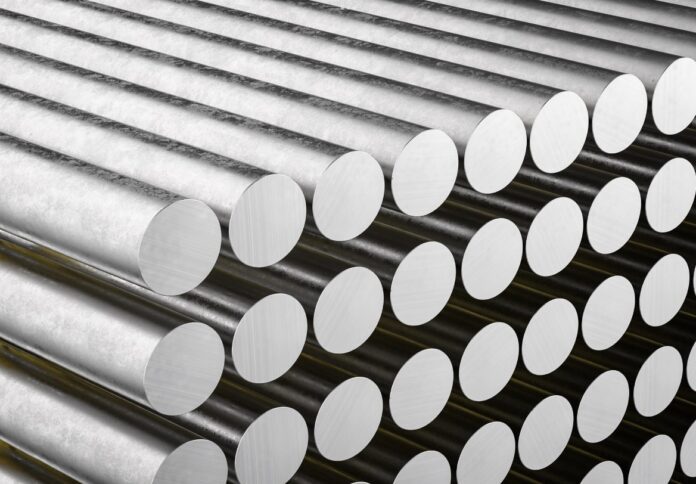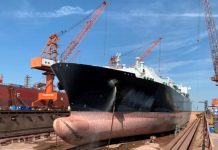
A new analysis commissioned by the advocacy group Renew Australia for All has warned that prioritising nuclear energy over renewable energy could place Australia’s aluminium smelting industry and 13,500 associated jobs at risk.
The report examines modelling underpinning the Federal Opposition’s nuclear energy policy and claims that industrial electricity usage could halve by 2035—from 45.4 terawatt hours (TWh) per year to 22.8 TWh—if the proposal proceeds.
According to the analysis, this level of decline would equate to the loss of electricity consumption currently attributed to Australia’s four aluminium smelters, which use approximately 23.5 TWh of electricity annually.
Renew Australia for All argues that such a drop in demand could effectively result in the closure of the smelting sector, jeopardising 7,594 direct jobs and 5,886 indirect jobs supported by the industry.
The group contends that the shift toward nuclear would delay urgently needed decarbonisation efforts and raise energy costs across the board.
“The analysis in this report is clear: nuclear reactors risk our vital regional manufacturing hubs and the thousands of livelihoods that depend on them. These are risks we don’t have to make,” the organisation stated.
Renew Australia for All called on policymakers to continue investing in firmed renewable energy sources, asserting that this remains the lowest-cost and most immediate pathway to re-power the smelting sector while supporting job security and environmental goals.
Tim Buckley, founder of Climate Energy Finance, said the nuclear proposal would drive investor uncertainty and slow the rollout of renewables.
“The real-world impact of the Opposition’s nuclear policy will be to create significant investor uncertainty and crowd out private investors,” Buckley said, warning it could derail up to $400 billion in proposed renewable energy projects already in the grid connection pipeline.
He added that the delay in transitioning to cleaner energy sources could result in the industry remaining reliant on fossil fuels for an extended period, followed by a switch to nuclear energy that is both costly and time-intensive to deploy.
Michele O’Neil, President of the Australian Council of Trade Unions (ACTU), echoed concerns over job security in key smelting regions.
“This new analysis has confirmed the real price of this policy – that nuclear power is not just expensive – but puts at risk a critical industry and the well-paid jobs of thousands of Australians,” she said.
O’Neil emphasised the importance of maintaining sovereign manufacturing capacity, particularly during a time of global uncertainty, and noted the risks to aluminium workers in regions such as the Hunter Valley, Portland, Gladstone, and Bell Bay.
The full report is available on the Renew Australia for All website.


















